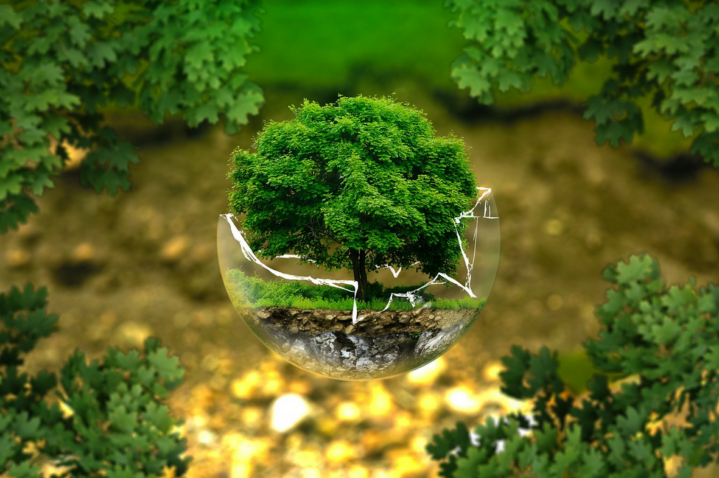
Business sustainability and the circular economy
Business sustainability and the circular economy model go hand-in-hand to create a responsible way of doing business. In order to become truly sustainable corporations and governments must move away from the linear economy model and adopt the circular economy model so they can deal fairly and ethically with both our planet and the business community. In doing so, they will support the natural environment and reduce the impacts of the climate crisis and also support communities, invest in employees and generate long-term value. This approach also ties in well with the Triple Bottom Line concept which combines people, planet and profit as a way of operating a sustainable and responsible business.
Finland is at the forefront in adopting and promoting the circular economy model. In fact, Finland was the first country in the world to prepare a national road map to a circular economy in 2016 under the leadership of SITRA, the Finnish Innovation Fund, which is an independent public foundation which operates directly under the supervision of the Finnish Parliament. Finland has put in place an ambitions 2016–2025 circular economy strategy and Sitra is leading the way.
SITRA is the driving force behind the Finnish road map to a circular economy 2016–2025, describing concrete actions that can accelerate the transfer to a competitive circular economy. The road map highlights best practices and pilots that can be easily replicated and provide added value on a national scale. Starting from the food system, transport and logistics, forest-based and technical loops, the road map recognises the importance of a coordinated action if Finland is to achieve a systemic change. The difference between a linear economy model and the circular economy model is that we have to reduce, reuse and recycle instead of consuming a lot of natural resources to make more products and dispose of them at the end of their use, which is what we are doing today. This leads to a scarcity of resources and causes serious environmental problems which leads to the warming of our planet and the current climate crisis. The circular economy model is a closed-loop supply chain which makes sure materials come back into the value chain.
Companies, governments and organisations that adopt the circular model and strategy and take the leap towards true sustainability based on the UN SDG´s, will lead the shift to a responsible and sustainable world. By using a responsible approach and framework, private and public sector stakeholders can gain a sustainable and competitive advantage and apply responsible business practices with proper use of financial tools, communication and education.

In order to become truly sustainable, companies first have to start behaving responsibly to protect our planet and the local environment. Whether reducing or eliminating carbon footprints or waste altogether, if businesses or brands don’t change their approach now, they will become insignificant. Companies and brands that place current profits ahead of making the necessary investment in zero waste and sustainability will not be around in the future. Larger businesses and brands must adopt new practices in order to catch up with the smaller more agile and nimble competitors who are more adept at changing and scaling their businesses for a sustainable future. Over the next few years, sustainability will reach new heights as environmentally conscious consumers look for ways to reduce waste in all aspects of their lives.
They will demand companies and brands to be more environmentally responsible and take accountability for their actions. Businesses that adapt their structure and embrace a sustainable future will be able to use sales, marketing and branding mechanisms to increase profits and build a positive image which will be looked upon favourably by customers, partners and consumers. No company or country has to start from scratch. All have financing policies in place and in order to attain responsible and sustainable growth, amendments need to be implemented in the existing framework.
The focus must be on how governments, companies and organisations can work together using the UN SDG´s as a roadmap to mitigate the challenges the world is facing with the climate crisis. We need to use business as a force for good. The greatest threat to our planet is the belief that someone else will save it.
Sources: SITRA, Bangkok Post.



